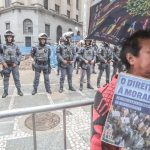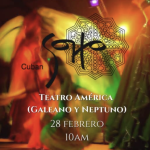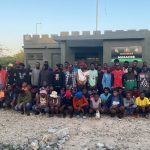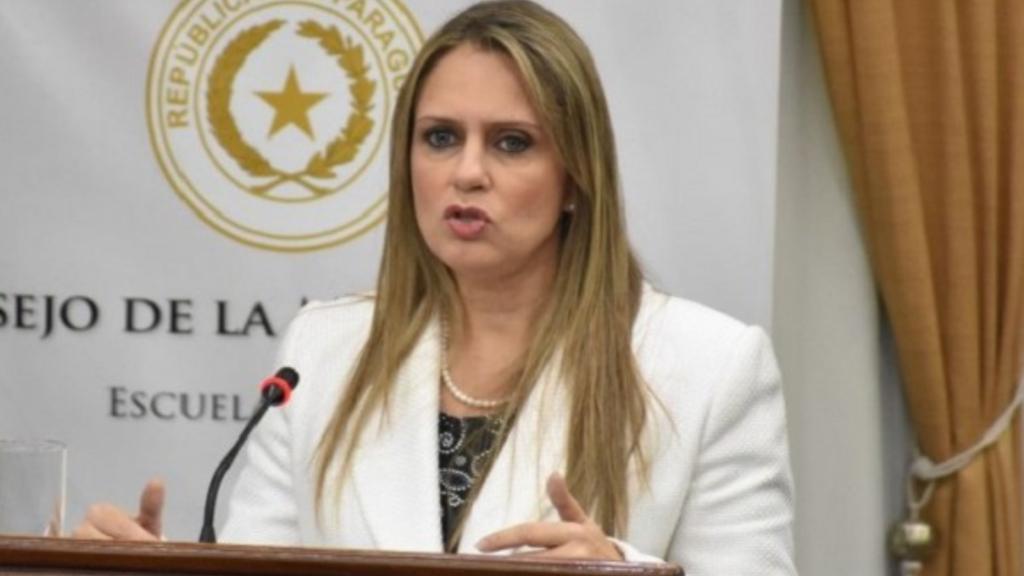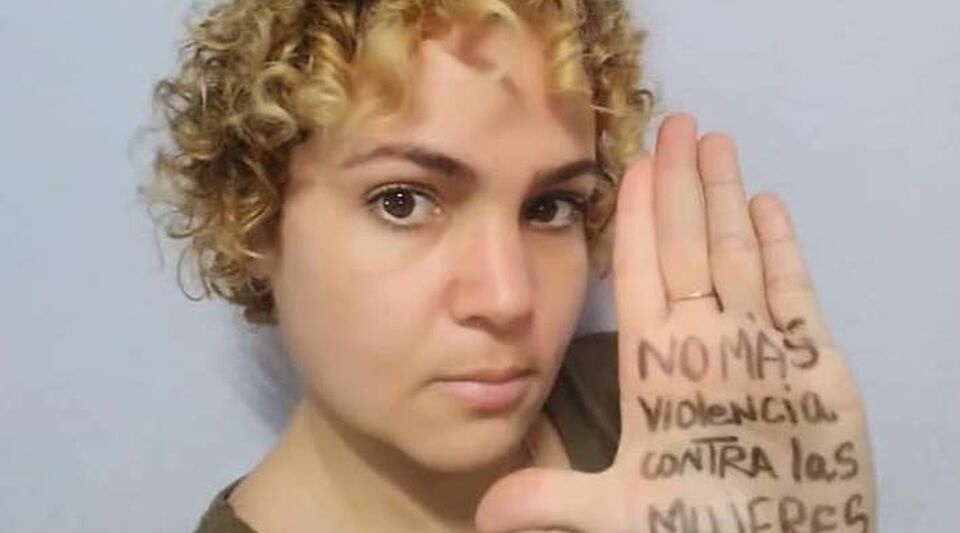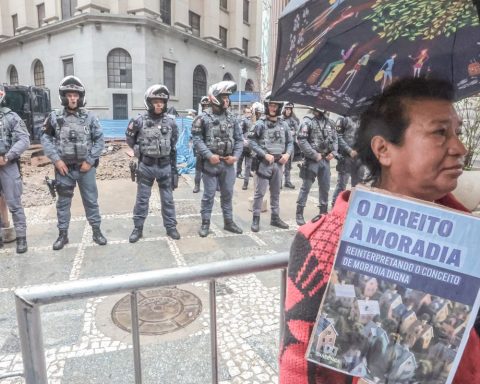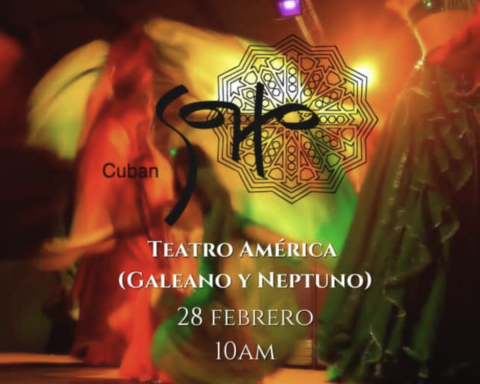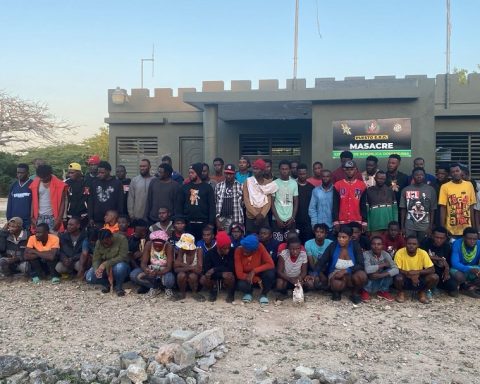Fernando Camacho Servin
Newspaper La Jornada
Wednesday, June 1, 2022, p. 10
If the three levels of government continue without resuming the negotiating tables for the return of the displaced families of the indigenous community of Tierra Blanca, Copala, Oaxaca, it will be the latter that will soon attempt a return Independent
in which the authorities will be responsible for any security problems that may arise.
This was indicated by Isabel Martínez, a member of the Triqui Independent Unification and Struggle Movement (Multi), who lamented that, after the cancellation of the return that was to take place on May 15, the outgoing Oaxacan government left forgotten
the topic.
As this newspaper reported, the Multi released a statement in recent days in which it called on the various bodies involved in the case to resume contact as soon as possible to define a new date for the return of the 143 Triqui indigenous families that remain displaced. of Tierra Blanca, Copala, since December 2020.
Despite the request, there really is no progress. In the state of Oaxaca they are focused on the issue of the June 5 elections. At first glance, the current government wants to leave the matter to the next administration, because there is no response from them, but neither from the federal government.
.
If no authority commits to resolve the conflict and allow the return of the displaced, It will be the people who decide what the next step would be. We are going to direct an independent return caravan, because the Mexican State has not done so. Work is already underway on that, but we don’t have a date that we can confirm.
.
Meanwhile, the Alliance for Self-Determination and Autonomy (Aldea) urged the government of Andrés Manuel López Obrador to materialize
the constitutional reform of indigenous peoples that was presented to the federal president 10 months ago without being approved so far.
In a statement, the body – which integrates various indigenous groups and communities in the country – highlighted that, according to a recent report by the Inter-American Commission on Human Rights, indigenous peoples continue to face obstacles due to limitations in national legal frameworks regarding their identification as distinct peoples
.






